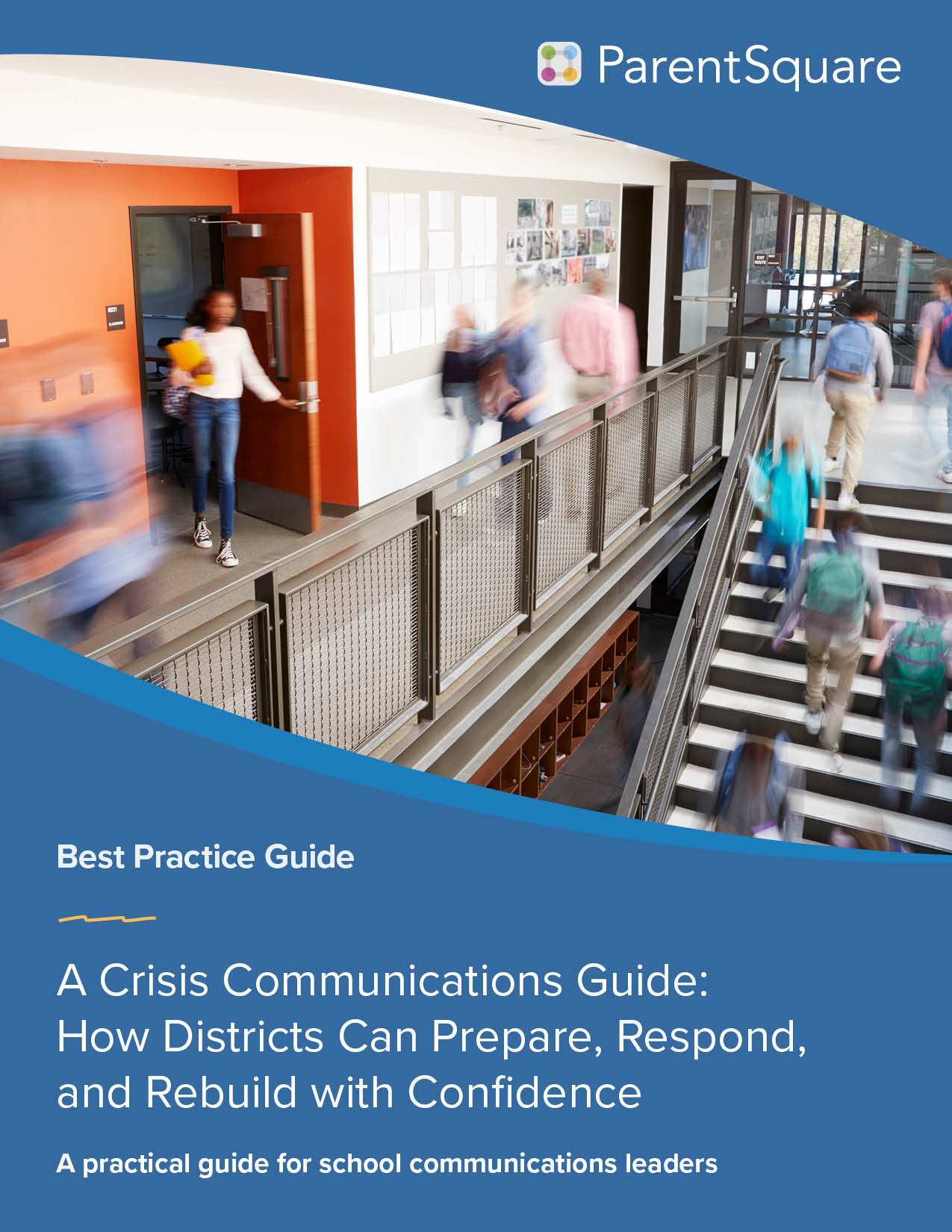
What Is Parent Engagement?
Parent engagement can be described as a joint effort in which schools actively reach out to gain the support of parents; and parents actively participate in their child’s learning and in the school community. This results in lasting positive effects for the student and their education. Statistics show a clear correlation between parent engagement and better student behavior, higher academic achievement and enhanced social skills.
How Is Parent Engagement Different for Millennials?
Millennials have been surrounded by technology their entire lives. As they are becoming parents themselves, they are juggling job & family life, and rely almost entirely on technology to communicate. Many family interactions happen as much online as they do offline. Online tools help shape how millennial parents take part in their children’s world.
“Nearly everything I do for my child begins online. Who doesn’t research options for vacations, doctors, products, after school activities, etc.? I’m always on my phone, so I love when I can stay connected through innovative technology, such as the health portal at our pediatrician’s office or seeing photos & getting reminders about what’s happening at my child’s school. It’s at my fingertips, helping me stay on top of all the things I’m juggling as a parent.” – Busy working mom
What Are Some Ideas or Strategies for Building Strong Parent Family Partnerships at Your School?
-
Create an online connection – share simple yet frequent updates with parents to keep them in the know
-
Keep it fun! – Make sure to include photos/videos from school events and activities to allow parents to be a part of good news and encourage a sense of belonging and community building
-
Allow parents to share their feedback – Invite parents to be part of your team and share their ideas to promote a healthy teacher-parent relationship
-
Reach parents the way they prefer – Millennial parents have been raised on technology and use their phone first thing in the morning and all day long to stay connected, especially when it comes to their children
For more ideas, see the National Education Association’s article for engaging parents here.
What Are Some Things To Think About When You Want To Increase Parent Engagement?
There are many ways to increase parent engagement at your schools, but it’s important to think about what will work for your school demographic and situation. Some questions to consider…
-
Where is parent engagement on my priority list?
-
Am I ready to commit my time to increasing parent engagement?
-
How can I engage Spanish speaking parents?
-
Do I have the right technology in place to reach the parent demographic at my school?
-
What are some things I can do today?
What Is the Difference Between Parent Engagement and Parent Involvement?
Involving parents may simply mean sharing information via one-way communication tools such as email, website, or text blasts. However, engaging parents means working together, using tools which spark two-way conversations in order to get the support, participation and feedback you need from parents.
Schools typically focus on sending out one-way messages to parents. Often times, the default method is sending information home on paper, which doesn’t make it out of the backpack most days, and may be in a language that ELL parents don’t understand. Another common one-way communication method is automated phone calls, but that is today’s parents least preferred method. In many instances, parents avoid answering the phone or forget to check voice mails altogether.
While involving parents with one-way communication isn’t bad, millennial parents expect more. A recent study found that “77% of millennial parents prefer a DIY (do it yourself), engaged approach to education.” Millennial parents want to become engaged in a positive & supportive environment at their child’s school, where they feel they are a partner in their child’s education, not just passive observers.
What Are the Benefits of High Parental Engagement?
As mentioned previously, high parental engagement is linked to higher student achievement. A research study found that “the most accurate predictor of a student’s achievement in school is not income or social status but the extent to which that student’s family is able to:
-
Create a home environment that encourages learning
-
Express high (but not unrealistic) expectations for their children’s achievement and future careers
-
Become involved in their children’s education at school and in the community
ParentSquare is here to help you enhance your school to home communications and improve your engagement efforts. Learn more about these features (and more) by booking a demo today!

